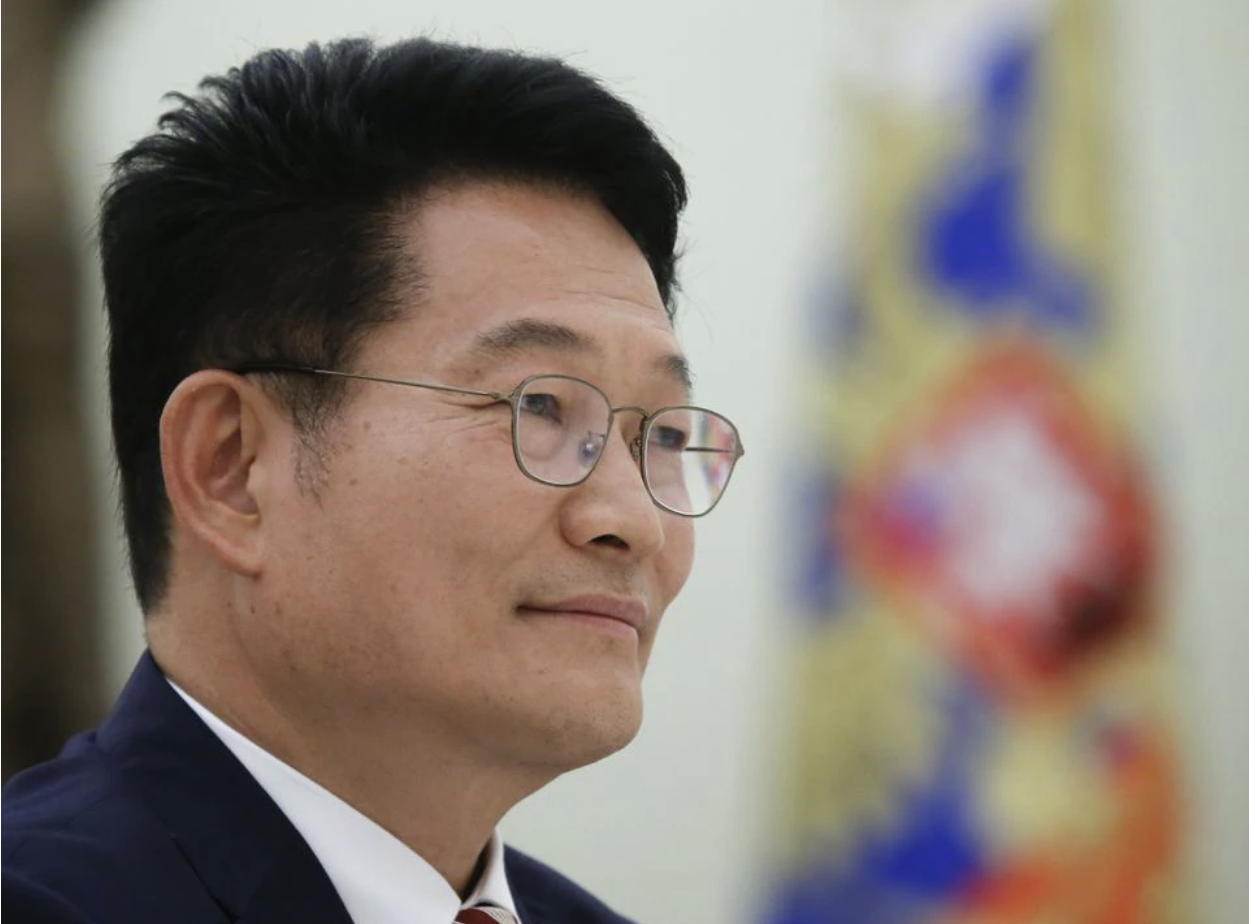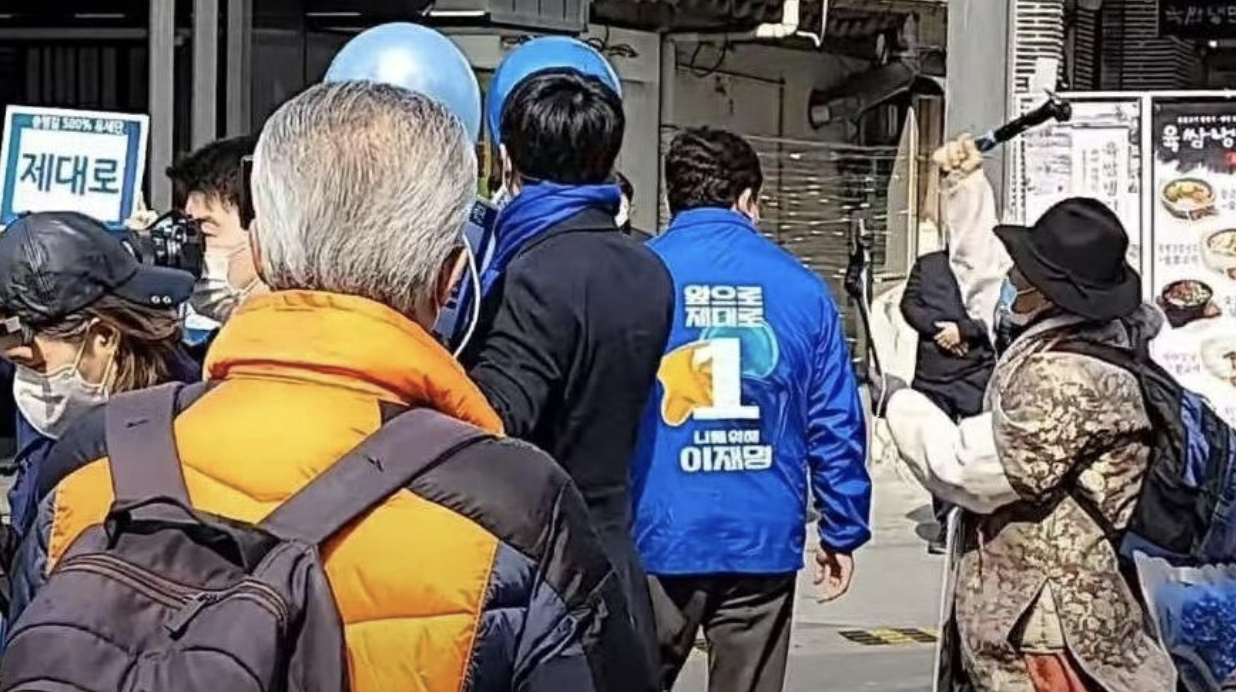Anger Turned into Assault: South Korean Party Leader Attacked Ahead of Presidential Election
Song Young-gil attending a meeting at the Kremlin on May 24, 2017. Photo: Maxim Shemetov / Reuters
On Monday, Song Young-gil, the Chairman of South Korea’s leading party, the Democratic Party, was attacked while campaigning for the upcoming presidential election. A man wearing a traditional robe hit Song Young-gil with a hammer multiple times before being restrained by the crowd.
The assailant was identified as a 70 year old political Youtuber. Although the motivations of the assailant are currently unknown, bystanders reported that he vocalized opposition to joint military exercises with the US military.
Song Young-gil was attacked while campaigning for Lee Jae-myung, the DP presidential candidate. Photo: The Times UK
The assault happened just days before Korea’s 2022 presidential election, a political event marked by smear tactics, scandals, and influential gaffes. Dubbed the “unlikeable” election, 2022 has seen voters enter the election with a “lesser of two evils” mentality. In the lead up to the election, both candidates saw disapproval rates hovering around 60%, only dropping recently.
Additionally, the election and its management have been controversial as well. Amidst a sharp increase in COVID-19 cases, Korean officials eased restrictions on voting, allowing infected voters to cast their ballots during Saturday’s special early voting.
Unfortunately, when voters showed up to vote, they found themselves receiving paper ballots that had already been used and waiting long hours in the cold -- even reporting that one person fainted from the conditions.
These circumstances have called into question the condition of Korea’s National Election Commission (NEC), the organization that runs and manages the election. Yoon's campaign said "an elementary classroom election could not be sloppier," and these developments sparked multiple protests on Monday calling for investigation into the NEC and punishments for the people responsible for the serious managerial errors made in implementing the COVID-positive voters.
As of writing this article, party officials have reported that Song is in stable condition and the suspect is in police custody. However, for the greater Korean political community, stable conditions may be far into the future.


